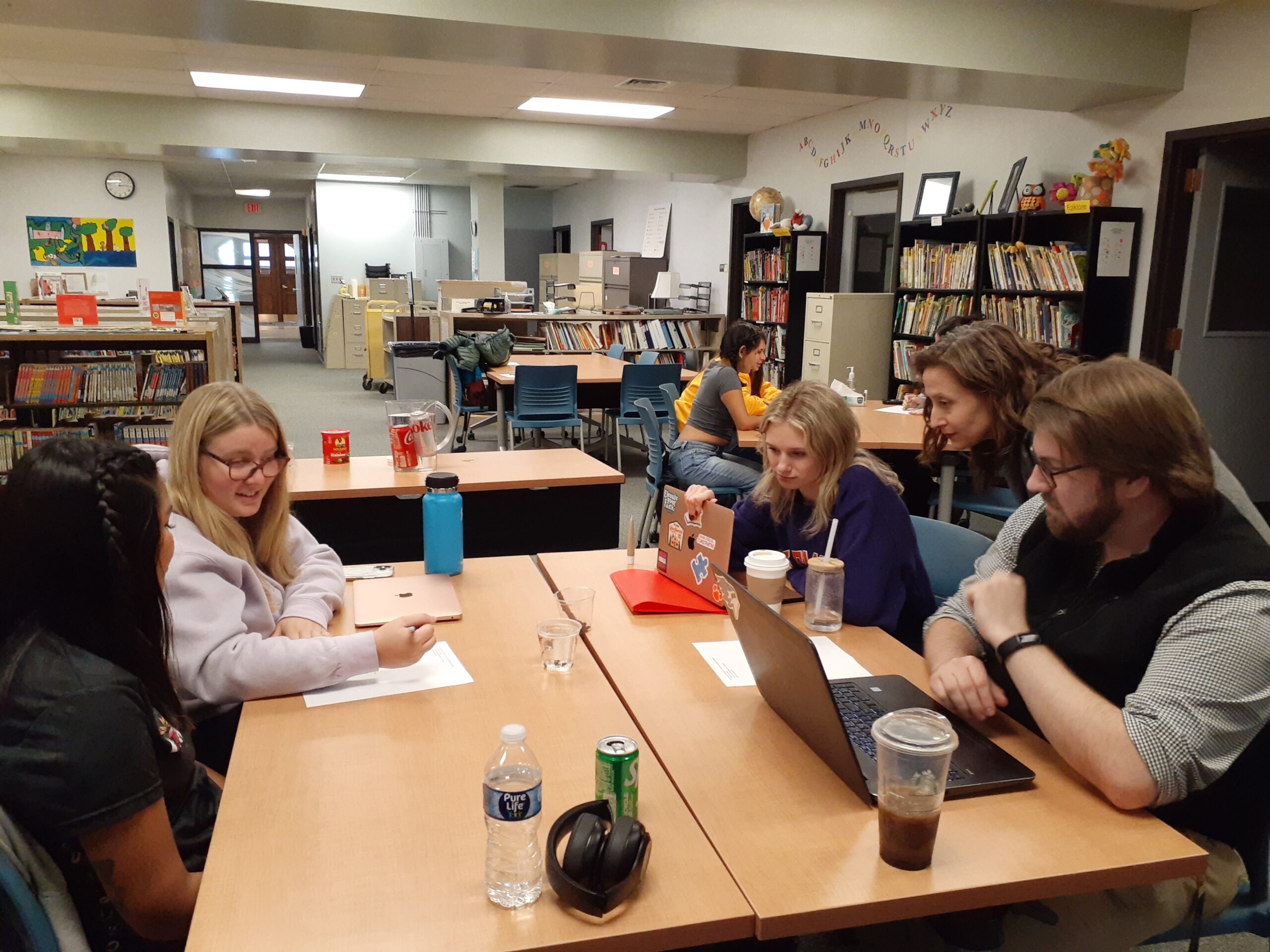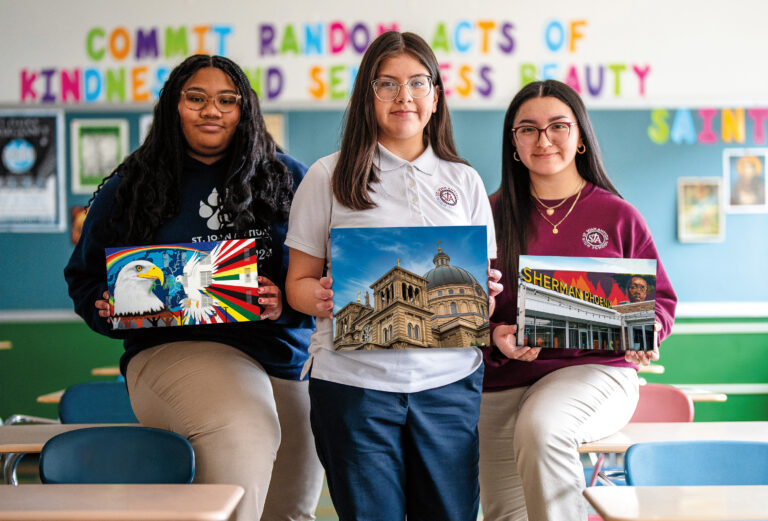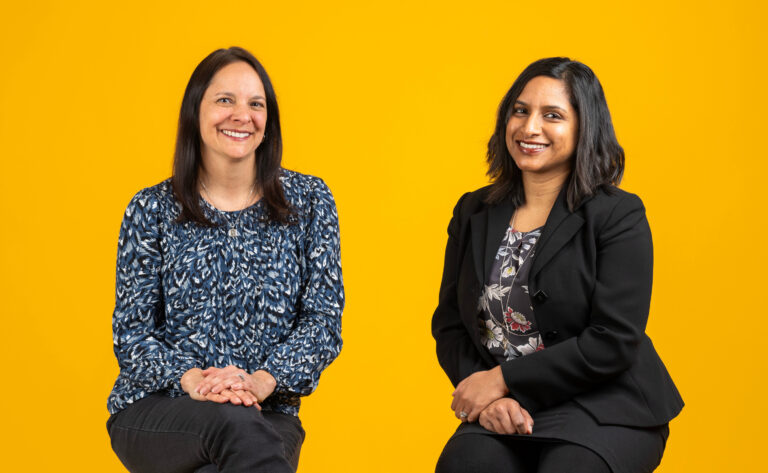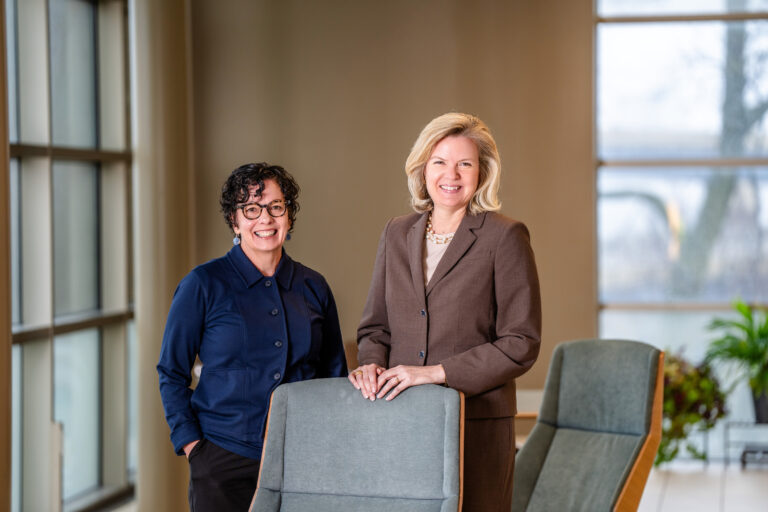When Carley Tuska was an undergraduate, the idea of taking a class on computer algorithms and data structures left her feeling intimidated and frustrated — it all seemed too complicated. Even though she was majoring in engineering, computer science was a subject in which she lacked confidence.
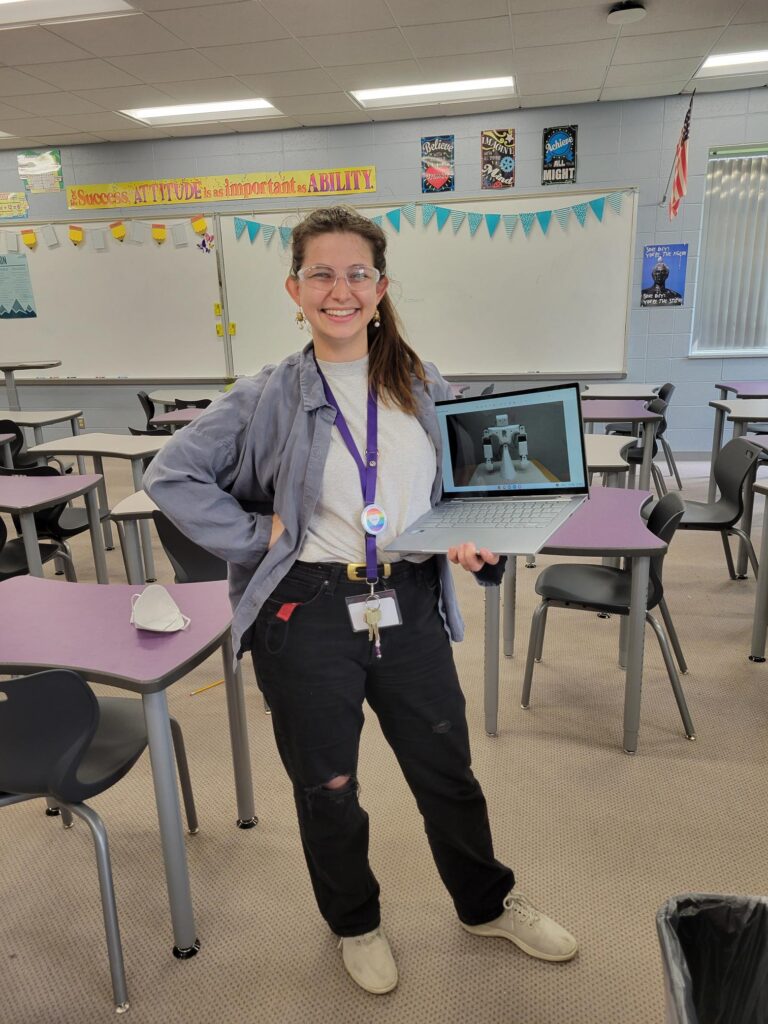
Five years later, Tuska, a math instructional paraprofessional in the Cudahy School District and a Marquette Noyce Scholar, is now conquering her own fears by participating in a computer science program geared toward changing the lives of a future generation.
Tuska is part of the first cohort of the Educational Policy and Leadership program that prepares master’s level students to teach mathematics, science and computer science in schools — with a special emphasis on helping graduates earn their computer science teaching certificate alongside their science or mathematics certification, addressing a serious shortage in local schools.
“I didn’t expect to be as inspired as I am to teach computer science, but thanks to Mike Cullen, assistant professor of computer science, and reading the book ‘Stuck in the Shallow End,’ I’m incredibly interested in providing exposure to computer science in a way that’s accessible, equitable and engaging for all students,” Tuska explains.
Like Tuska, Jeremy Horky, a science and engineering teacher at Pius XI Catholic High School and Noyce Scholar, jumped at the opportunity to be in the program.
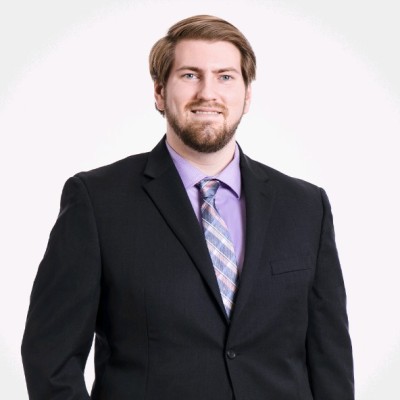
“I think that computer science skills can be used in any field, and so I hope that my students will be able to take what they have learned and apply it to their careers, regardless of what they are doing,” Horky adds. “Hopefully, this can increase overall computer and scientific literacy to help lead to future advances and innovations in technology.”
Opportunities granted
Tuska and Horky’s shared opportunity is made possible through a $1.2 million grant from the National Science Foundation through the Robert Noyce Teacher Scholarship Program.
Dr. Jill Birren, associate professor of educational policy and leadership in the Marquette University College of Education, is the principal investigator on the team, which includes co-investigators Dr. Leigh van den Kieboom, professor and associate dean of the College of Education; Dr. Terry Burant, associate clinical professor of educational policy and leadership; and Dr. Dennis Brylow, professor of computer science in Marquette’s Klingler College of Arts and Sciences.
“Marquette’s new NSF Noyce Program provides a 14-month pathway for people in STEM careers to become highly qualified science and math teachers with additional credentials to teach computer science,” Birren says. “The bulk of the grant funds tuition for Noyce Scholars with the primary goal of the program aimed at enhancing the number of excellent secondary STEM teachers serving in high-need school settings in the region. For us, the grant offers an opportunity to recruit and support impressive and caring STEM teachers.”
Van den Kieboom emphasizes that over the past decade, fewer high school students have chosen education as a professional pathway. She says enrollment in teacher education programs across the country is down by more than 30%.
“Jill (Birren) and I are both ‘champions’ for an NSF funded STEM teacher recruitment resource called Get the Facts Out. The website includes resources for those who are considering teaching as a profession, and it highlights the benefits of work-life balance, student and colleague relationships, and financial stability as three of the reasons to choose teaching as a professional pathway,” van den Kieboom says. “The reasons why there’s currently a lack of STEM educators is complex and most likely relates to perceptions high school students have about the teaching profession.”
Working with several schools and districts around the Milwaukee region, including public, charter and choice programs, Birren agrees that something needs to change about the misconceptions surrounding the teaching profession.
“Unfortunately, the way educators are often maligned in public discourse in Wisconsin discourages many from pursuing careers in teaching. This is especially the case for students with academic strength in science and math because there are so many professional arenas that prioritize these skills. However, research shows that STEM teachers experience relatively high levels of professional satisfaction,” Birren explains.
“My own daughter’s STEM teacher graduated from Marquette and recently sent me a note thanking me for my role in helping her land in such a rewarding career.”
Both Birren and van den Kieboom hope opportunities through the EDPL program will assist with changing the misleading perceptions.
Limitless possibilities
Since 2017, Marquette has prepared 17 Noyce Scholarship students to teach in high-need STEM classrooms in grades six through 12, and through the grant, Marquette faculty will continue to be paired with Milwaukee area partner districts in Milwaukee Public Schools and the Shorewood School District, as well as Cristo Rey Jesuit High School, Milwaukee Academy of Science, and Seeds of Health Charter Schools — all schools with a long history of collaboration with the program’s investigators.
As one of those students, Horky has big aspirations for the future.
“I would love to help build a program at a school that is just beginning to explore computer science education and work with other educators to help build all our programs together,” he says. “Schools should have a vast array of classes and topics in computer science to offer students, including writing software, designing web pages, creating digital art and animations, and exploring cybersecurity.”
And Tuska is gradually becoming more confident in her computer science skills through the program. She’s now focused on encouraging others.
“I hope to inspire more students to not only pursue STEM careers, but for them to be better problem solvers in their everyday lives,” she says, “I dream of the day when I hear students tell me that I inspired or helped them like my teachers helped and inspired me.”
